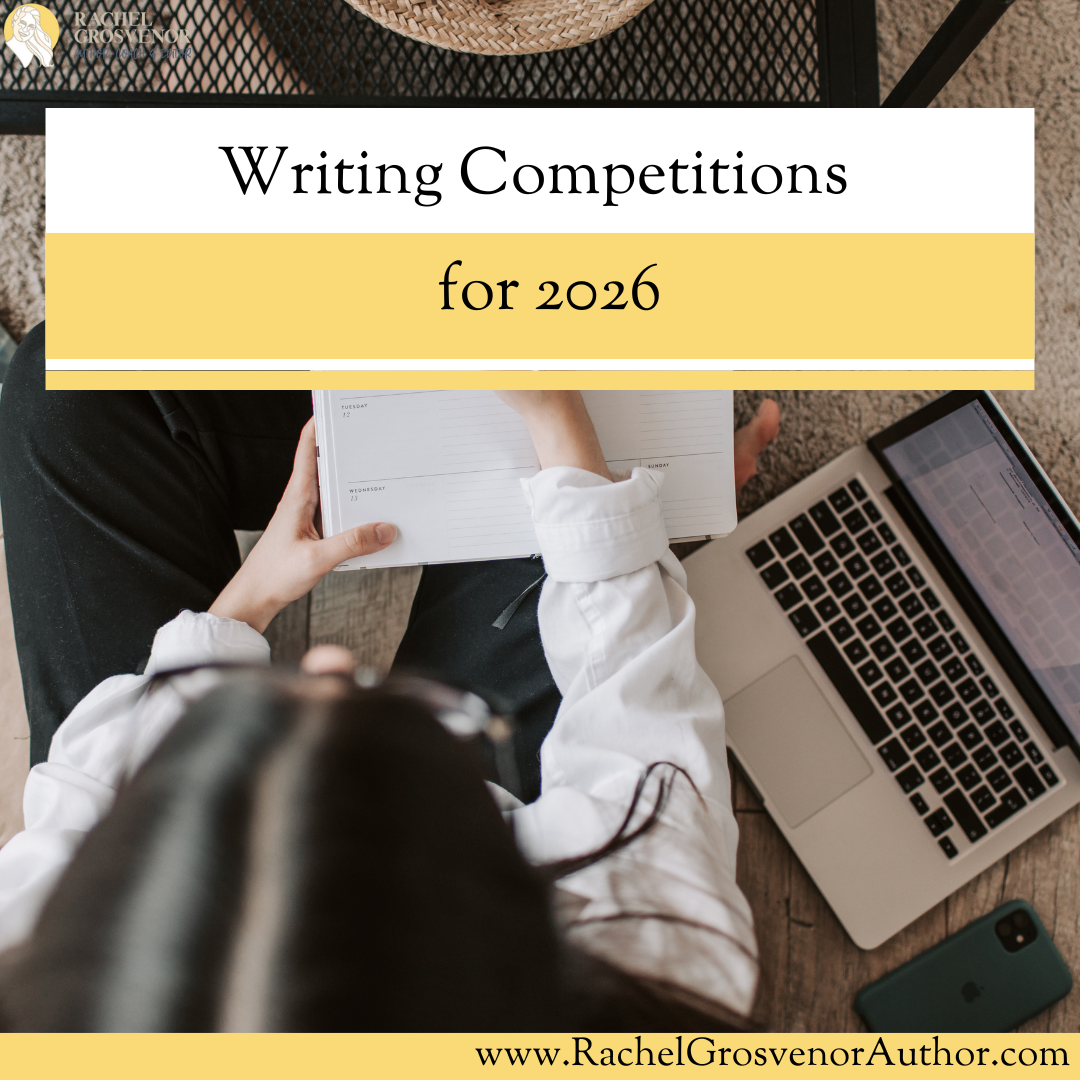Welcome to the most popular blog post I offer! It’s your chance to review all the competitions I could find for 2026. Whether you’re a novelist, a poet, or a short story writer, there should be something for you here.
Why enter competitions?
It helps you get seen and gives you a headstart in building a writing portfolio.
What does it mean to build a writing portfolio?
You might be familiar with this term if you have queried. Often, a publishing house will ask for an example of your portfolio or a ‘writing CV’. So, if you’re writing your debut novel…how do you build a writing portfolio?
Answer: By writing short stories, articles, and poetry and submitting them to anthologies, reviews, competitions, and opportunities. This shows that you are already putting yourself out there and connecting with a readership. This makes you more marketable!
Below, you will find the months corellate with the closing dates of the competitions, so look ahead, and plan your entries!
January
Bristol Short Story Prize 2026
Fiction Factory First Chapter of a Novel + Synopsis
New Writers Flash Fiction Competition 2026
February
Writers’ & Artists’ Short Story Competition 2026
The Next Generation Indie Book Awards
Next Generation Short Story Awards
March
The L. Ron Hubbard Writers of the Future Contest – Quarterly deadlines throughout the year
The 2026 Stella Kupferberg Memorial Short Story Prize
Wergle Flomp Humor Poetry Contest
April
Tom Howard/John H. Reid Fiction & Essay Contest
The Adrienne Rich Award for Poetry
Swaledale Festival – The Four Seasons Poetry
Writer’s Digest Annual Writing Competition
May
Short Story Competition – Anthology
July
The HG Wells Short Story Competition
Manchester Writing Competition
Not Quite Write Prize for Flash Fiction
August
Aesthetica Creative Writing Award
The Pen to Print Award’s Book Challenge
September
The Lit Paul Cave Prize for Literature
The 2027 Commonwealth Short Story Prize
October
Marlow and Christie Unpublished Novel Prize
Not Quite Write Prize for Flash Fiction
November
Kurt Vonnegut Speculative Fiction Prize
December
To be updated.
Do you want to talk about what you can enter or what to write? Get in touch today!
Note: It is up to the entering author to check any and all competitions before they enter, and to read the terms and conditions.




